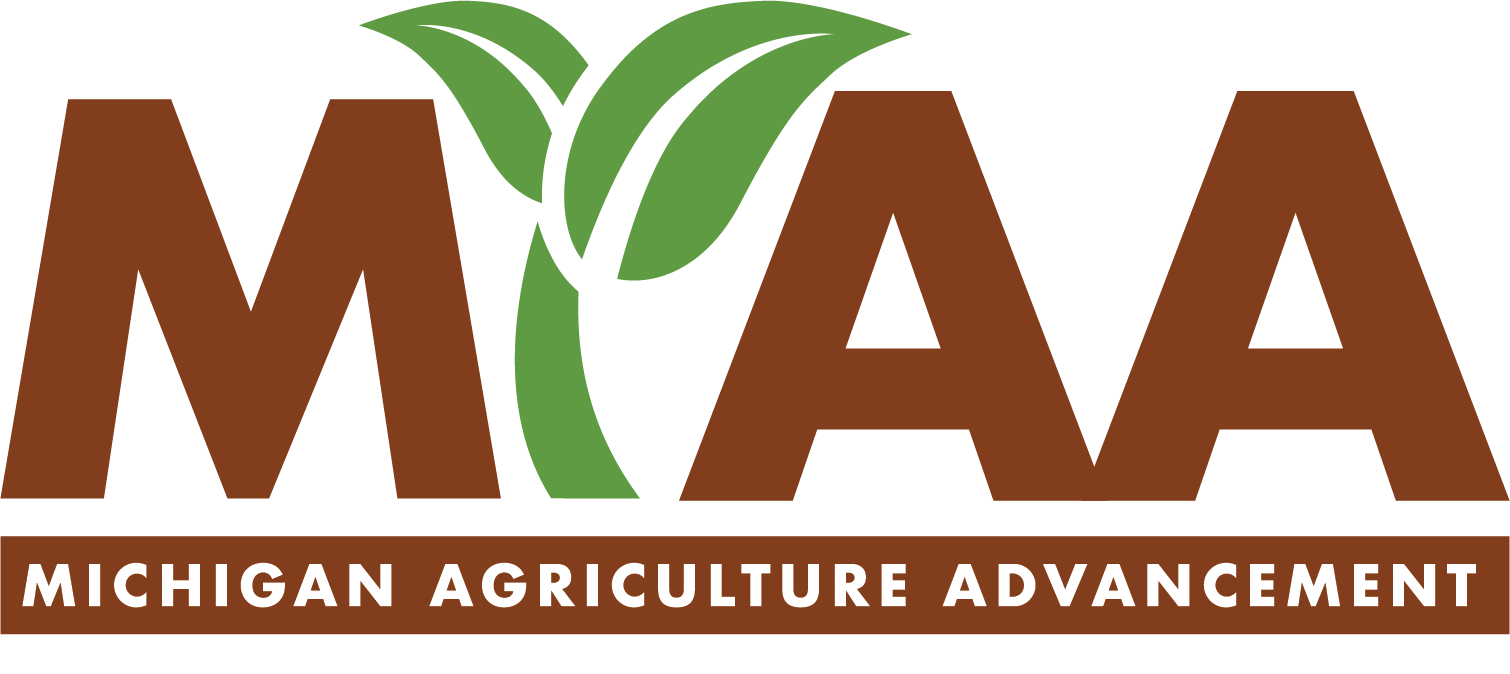About
Social, political, and market support enabling long-term, landscape-wide change.
Our Leadership
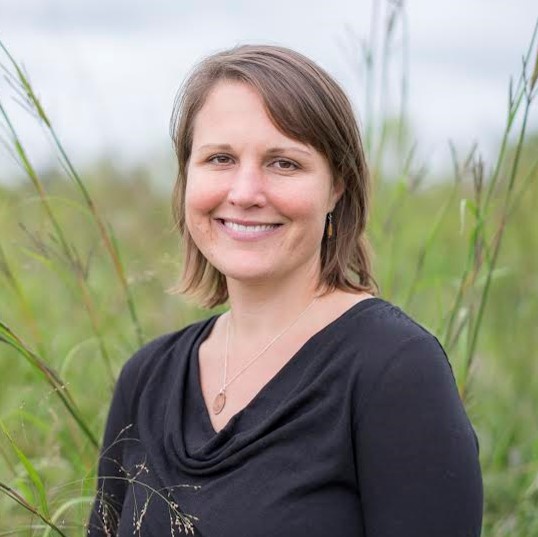
Julie Doll, PhD
Chief Executive Officer, Michigan Agriculture Advancement
Julie started as CEO in November of 2021. Previously she worked at Michigan State University’s Kellogg Biological Station as Associate Director for Stakeholder Engagement for the Kellogg Biological Station Long-Term Agroecosystem Research Program.
As a PhD student and Postdoc at the University of Wisconsin-Madison she investigated agronomic, ecological, and social aspects to using native prairie grasses in grazed pastures. While a Peace Corps Volunteer in Paraguay from 2000–2002, Julie fell in love with working with famers, grasslands, and meeting the needs of people through improved agricultural production and care for the environment.
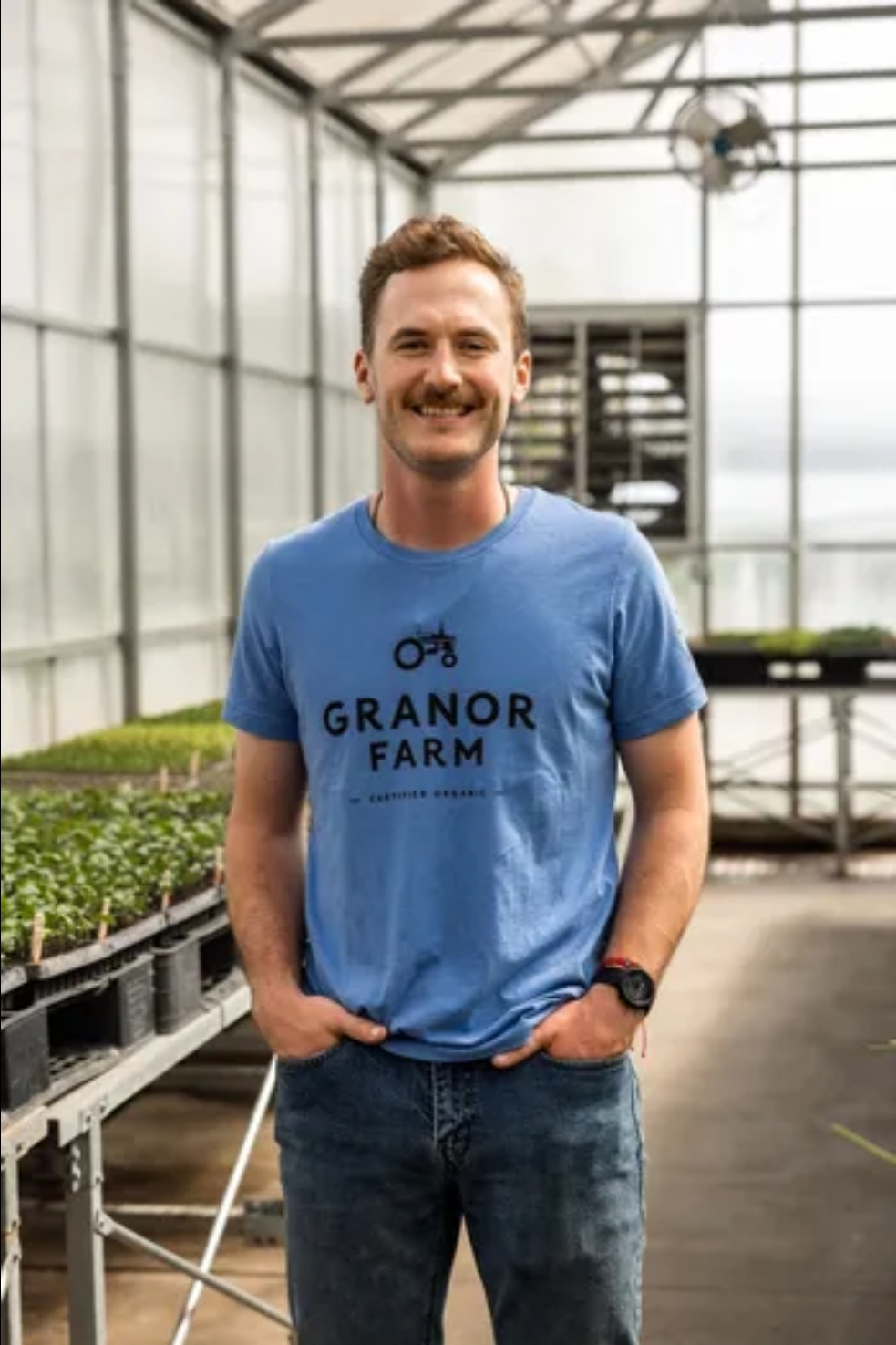
Tucker Gibbons
Agronomy Consultant, Michigan Agriculture Advancement
Tucker has been the Agronomy Consultant for MiAA since 2023 and is also the Farm Manager at Granor Farms. After attending Hope College where he studied business, Tucker worked in ag retail at Fowlerville Farm Services and as a customer success agronomist at Continuum Ag, before planting his career at Granor Farms.
“I hope to bring forth some solid, soil health focused agronomic practices from a farmer’s point of view to help the Climate Smart team. I also hope to bring these to farmers wherever they’re at with their soil health journey. Massive change doesn’t need to happen overnight, but incremental change can help show that regenerative agriculture can truly be a win-win between farmers and our environment.”
Our Steering Committee
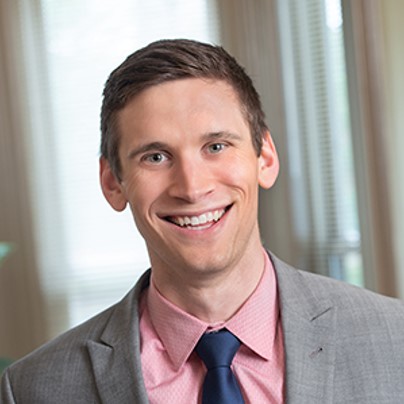
Tom Zimnicki, MPA, MS
Agriculture and Restoration Policy Director, Alliance for the Great Lakes
Tom leads work in Wisconsin, Michigan, and Ohio to achieve the Alliance’s agriculture and water goals and implements regional restoration initiatives. In addition, he serves as a convener, organizer, and relationship builder at all levels of government and stakeholders, emphasizing state-level agriculture water policy. Previously, Tom has served as the Senior Environmental Policy Advisor for the Michigan Department of Agriculture and Rural Development and as the Agriculture and Source Water program and policy manager at the Michigan Environmental Council. Tom received a bachelor’s degree in biology from Adrian College and a master’s degree from Indiana University’s O’Neill School of Public and Environmental Affairs.

Adam Reimer, PhD
Conservation Outreach Specialist, National Wildlife Federation
Our Founding
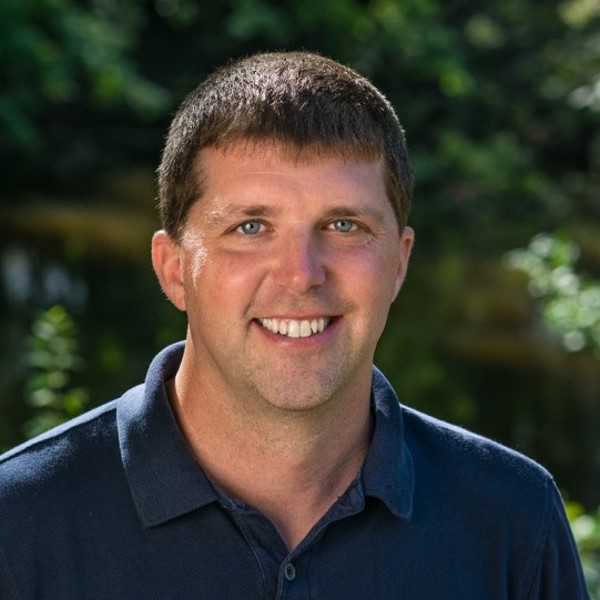
Tim Boring, PhD
Founder, Michigan Agriculture Advancement
Tim worked closely with the team members listed here to develop the Michigan Agriculture Advancement in response to growing concerns of agriculture’s current challenges and approach for addressing those issues. He is the 6th generation to operate his family farm in Stockbridge, MI, raising a variety of grain crops utilizing soil health and regenerative principles. He’s benefited greatly from the inclusive community of innovative growers in the US, Canada, and around the world that share experiences and ideas. Tim has previously served as the Vice President of the Michigan Agri-Business Association and Research Director of the Michigan Soybean Promotion Committee. He holds a MS and PhD in Crop and Soil Sciences from Michigan State University.
